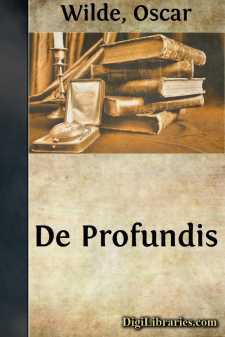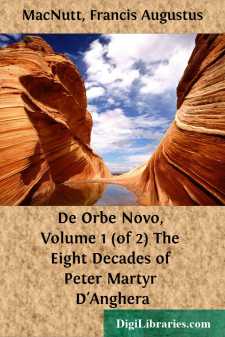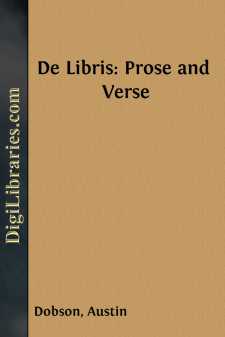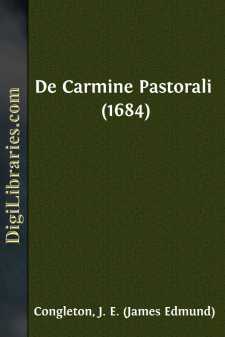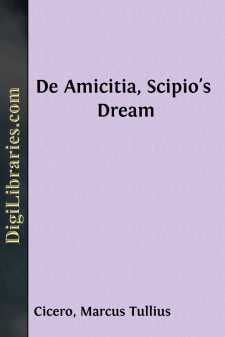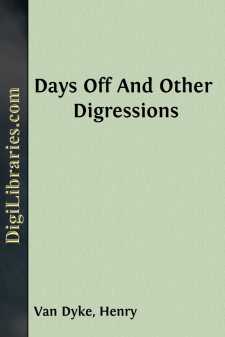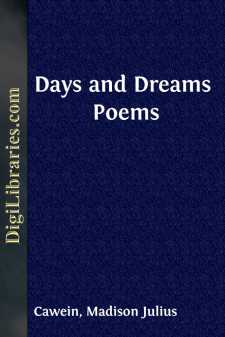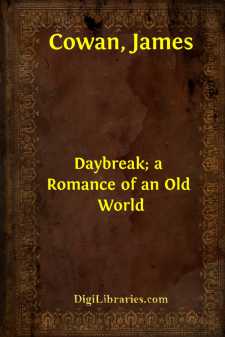Categories
- Antiques & Collectibles 13
- Architecture 36
- Art 48
- Bibles 22
- Biography & Autobiography 813
- Body, Mind & Spirit 142
- Business & Economics 28
- Children's Books 15
- Children's Fiction 12
- Computers 4
- Cooking 94
- Crafts & Hobbies 4
- Drama 346
- Education 46
- Family & Relationships 57
- Fiction 11828
- Games 19
- Gardening 17
- Health & Fitness 34
- History 1377
- House & Home 1
- Humor 147
- Juvenile Fiction 1873
- Juvenile Nonfiction 202
- Language Arts & Disciplines 88
- Law 16
- Literary Collections 686
- Literary Criticism 179
- Mathematics 13
- Medical 41
- Music 40
- Nature 179
- Non-Classifiable 1768
- Performing Arts 7
- Periodicals 1453
- Philosophy 64
- Photography 2
- Poetry 896
- Political Science 203
- Psychology 42
- Reference 154
- Religion 513
- Science 126
- Self-Help 84
- Social Science 81
- Sports & Recreation 34
- Study Aids 3
- Technology & Engineering 59
- Transportation 23
- Travel 463
- True Crime 29
Sort by:
by:
Oscar Wilde
DE PROFUNDIS . . . Suffering is one very long moment. We cannot divide it by seasons. We can only record its moods, and chronicle their return. With us time itself does not progress. It revolves. It seems to circle round one centre of pain. The paralysing immobility of a life every circumstance of which is regulated after an unchangeable pattern, so that we eat and drink and lie down and...
more...
I Distant a few miles from the southern extremity of Lago Maggiore, the castle-crowned heights of Anghera and Arona face one another from opposite sides of the lake, separated by a narrow stretch of blue water. Though bearing the name of the former burgh, it was in Arona[1], where his family also possessed a property, that Pietro Martire d'Anghera first saw the light, in the year 1457[2]. He was...
more...
by:
Austin Dobson
ON SOME BOOKS AND THEIR ASSOCIATIONS New books can have few associations. They may reach us on the best deckle-edged Whatman paper, in the newest types of famous presses, with backs of embossed vellum, with tasteful tasselled strings,—and yet be no more to us than the constrained and uneasy acquaintances of yesterday. Friends they may become to-morrow, the day after,—perhaps "hunc in annum et...
more...
In this Fifth Reader of the De La Salle Series the plan of the preceding numbers has been continued. The pupil has now mastered the mechanical difficulties of learning to read, and has acquired a fairly good working vocabulary. Hence he is prepared to read intelligently and with some degree of fluency and pleasure. Now is the time to lead him to acquire a taste for good reading. The selections have...
more...
The First Part. TO be as short as possible in my discourse upon the present Subject, I shall not touch upon the Excellency of Poetry in general; nor repeat those high Encomiums, (as that tis the most divine of all human Arts, and the like) which Plato in his Jone, Aristotele in his Poetica, and other Learned men have copiously insisted on: And this I do that I might more closely and briefly pursue my...
more...
DE AMICITIA. The De Amicitia, inscribed, like the De Senectute, to Atticus, was probably written early in the year 44 B.C., during Cicero's retirement, after the death of Julius Caesar and before the conflict with Antony. The subject had been a favorite one with Greek philosophers, from whom Cicero always borrowed largely, or rather, whose materials he made fairly his own by the skill, richness,...
more...
by:
Henry Van Dyke
DAYS OFF "A DAY OFF" said my Uncle Peter, settling down in his chair before the open wood-fire, with that air of complacent obstinacy which spreads over him when he is about to confess and expound his philosophy of life,—"a day off is a day that a man takes to himself." "You mean a day of luxurious solitude," I said, "a stolen sweet of time, which he carries away into some...
more...
by:
Florence Choate
TO FORESTAUpon the road to Faerie,O there are many sights to see,—Small woodland folk may one discernHousekeeping under leaf and fern,And little tunnels in the grassWhere caravans of goblins pass,And airy corsair-craft that floatOn wings transparent as a mote,—All sorts of curious things can beUpon the road to Faerie!Along the wharves of Faerie—There all the winds of ChristendieAre musical with...
more...
He waits musing. Herein the dearness of her is:The thirty perfect days of JuneMade one, in beauty and in blissWere not more white to have to kiss,To love not more in tune.And oft I think she is too true,Too innocent for our day;For in her eyes her soul looks new—Two crowfoot-blossoms watchet-blueAre not more soft than they.So good, so kind is she to me,In darling ways and happy words,Sometimes my...
more...
by:
James Cowan
CHAPTER I. AN ASTRONOMER ROYAL. It was an evening in early autumn in the last year of the nineteenth century. We were nearing the close of a voyage as calm and peaceful as our previous lives. Margaret had been in Europe a couple of years and I had just been over to bring her home, and we were now expecting to reach New York in a day or two. Margaret and I were the best of friends. Indeed, we had loved...
more...


